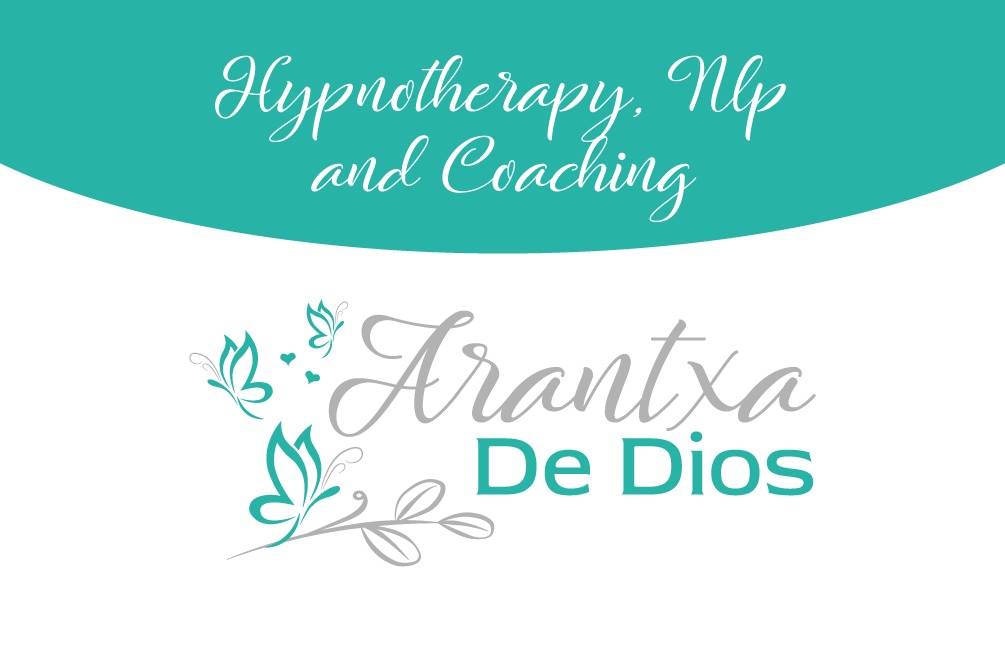Menopause is a period of huge change for a woman; they need consistent and compassionate support. However, before you can do that, first things first. You must fully understand what menopause is and how it can affect different aspects of your woman’s lives. Only then can you be by her side, showing your support in the way she needs.

What is Menopause?
Menopause. That word that all women know, many dread, but about which only a few speak. That phase of life through which every female passes is full of myths and false ‘facts’, one of which is to wrongly associate it with old age.
Let’s start with the basics. Menopause is a natural and normal process. It usually occurs between the ages of 45 and 55. At this time, the ovaries stop producing the hormones estrogen and progesterone, resulting in the end of the menstrual cycle and the fertile stage.
It is important to understand that menopause can – often does – produce changes such as:
- Regular mood swings and irritability
- Concentration issues e,g. “brain fog”, forgetfulness, and sleep problems
- A reduction in sexual urges
- More uncomfortable sexual intercourse and vaginal dryness
- Hot flushes or hot flashes (one of the most well-known indicators).
- A propensity to gain weight
- Painful joints and limbs
- Changes in skin
- Depression and anxiety
- Hair thinning or loss
Although symptoms like the above can inevitably be difficult to accept, bringing sadness and anger, there is no reason for a menopausal woman to feel shame. Like every phase of life, the experience is better if accepted for what it is, embraced, and lived to the full.
Menopause is also not something that occurs one day out of the blue. Rather, it is a gradual process with distinct stages involving distinct changes and symptoms, the final one being menstruation disappearing definitively.
The first stage is called (premenopausal) perimenopause. It can appear up to five years before menopause, as estrogen levels begin to drop little by little. During this stage, menstruation may be a bit irregular, starting outside a woman’s normal cycle without warning or defined pattern, sometimes lasting weeks, and other times only a few days, sometimes heavy and other times very light. It’s important to note that during this stage it is still perfectly possible to become pregnant.
A woman can be said to have finished this initial phase and entered menopause when she has experienced between six months and one year without having her menstrual period (as mentioned above, this is because the ovaries stop producing estrogen and progesterone).
The final stage is post-menopause, occurring several years after a woman has entered the menopause phase. Any symptoms of menopause cease, although other symptoms (such as bone weakness and weight gain) may appear.
So, how can I help the woman I love?
Now that you have a bit more knowledge about menopause, you can learn strategies to help her (and you!) cope with this situation, providing the support she needs and thriving despite the challenges. The good news is that these are mostly common sense and easy to do.
As with any tough and uncertain moments, it is most important that you are super available to the menopausal woman in your life, showing her that you are available and ready to listen and support her. Be proactive in this so it is crystal clear; let her know that she is not alone. That small gesture alone will make a big difference. Also, tell her how you’re feeling, to encourage her to open up so she does not feel it is all about her.
Your listening and support will be even more valuable if you are knowledgeable about the subject. If you understand the ‘big picture’ related to menopause, you are more likely to find words and actions which will resonate and help.
Promote and encourage a healthy lifestyle that you can do together. A balanced diet and regular exercise or movement will reduce the physical and mental symptoms of menopause as well as generally boost energy levels in both body and mind. It’s also quality time together!
Be even more generous with the gestures you make. This does not mean spending a small fortune bombarding your menopausal woman with luxurious gifts; it means thoughtful words, actions, and small details consistently that show your love, admiration, and respect. Nice little touches authentically speak volumes about how much value she has to you (and will help her value herself more).
If she is comfortable with this, accompany her to her medical appointments. Not only will this strengthen and calm her, but it is also a perfect opportunity for you to understand more about menopause, ask questions of the doctor, and find out where you can get involved to be of the greatest assistance.
So, now you know a bit more about menopause, and what you can do to support the menopausal woman in your life, what are you waiting for? It’s time to get started!
Follow me on Facebook, Instagram, LinkedIn, and visit my website for more info!

Written by: Arantxa De Dio, Executive Contributor
Executive Contributors at Brainz Magazine are handpicked and invited to contribute because of their knowledge and valuable insight within their area of expertise.
Arantxa is a UK based Hypnotherapist, NLP practitioner and Transformational Coach. She works with individuals to help them successfully overcome the challenges stopping them from achieving true happiness, developing and maintaining healthy relationships and reaching their full potential. Arantxa has worked with hundred clients from all walks of life, successfully helping them to process and come to terms with traumatic events, overcome anger, stress, anxiety, fear, phobias, grief and addiction, work on confidence building and releasing negative emotions that keep them feeling stuck. She’s Spanish and multi-lingual, fluent in English, Spanish, French and Italian. Her mission: Be your best version.



